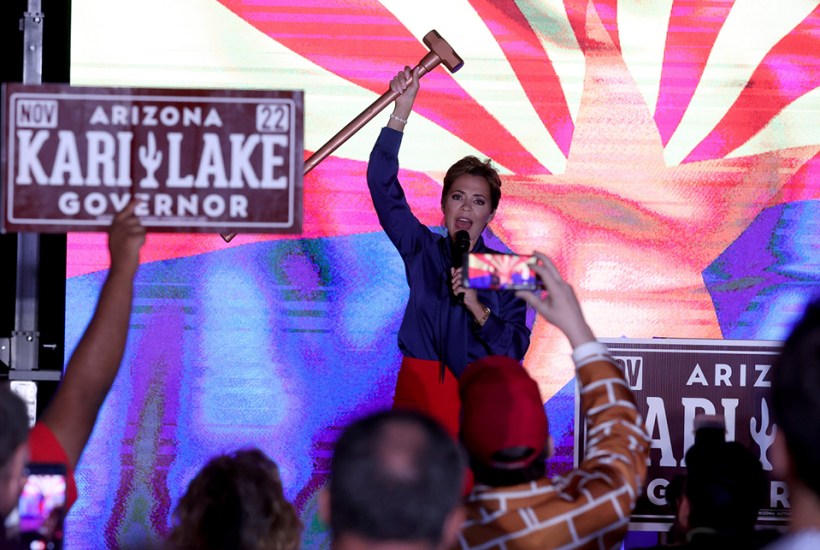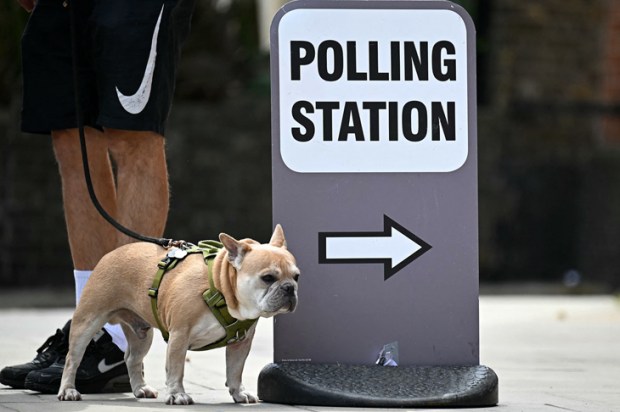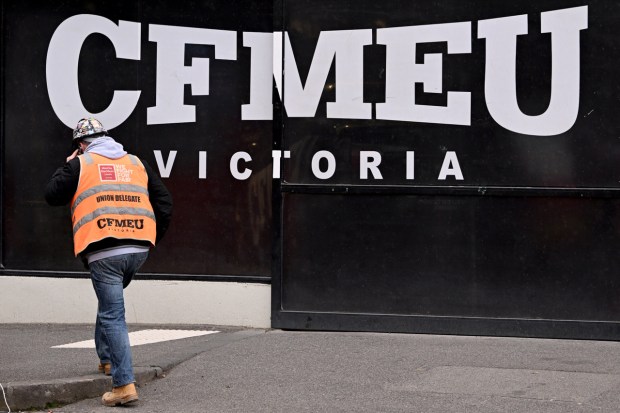When you look around the Anglosphere you soon notice that right-of-centre voters in Australia have the least sway over the political party that purports to represent them. Put differently, the political class has captured the party far more here than in the UK, Canada or the US.
Start in Britain with the contest to replace Boris as leader of the Conservative party.
Already a subscriber? Log in
Subscribe for just $2 a week
Try a month of The Spectator Australia absolutely free and without commitment. Not only that but – if you choose to continue – you’ll pay just $2 a week for your first year.
- Unlimited access to spectator.com.au and app
- The weekly edition on the Spectator Australia app
- Spectator podcasts and newsletters
- Full access to spectator.co.uk
Unlock this article
James Allan’s new book, The Age of Foolishness: A Doubter’s Guide to Constitutionalism in a Modern Democracy, is available online and in all good book stores.
You might disagree with half of it, but you’ll enjoy reading all of it. Try your first month for free, then just $2 a week for the remainder of your first year.











Comments
Don't miss out
Join the conversation with other Spectator Australia readers. Subscribe to leave a comment.
SUBSCRIBEAlready a subscriber? Log in